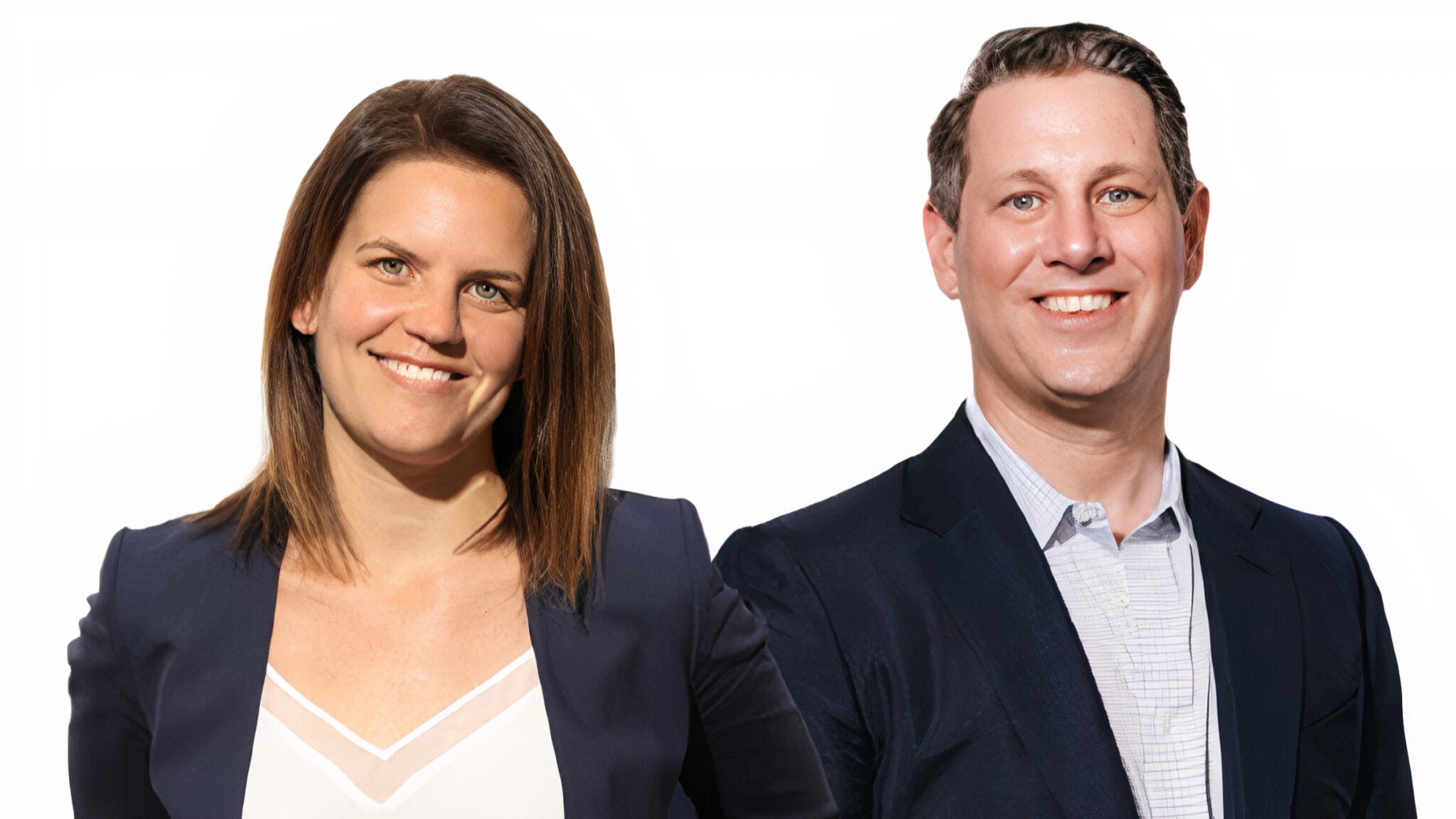
Generate co-founder Molly Gibson and CEO Mike Nally
Flagship's machine learning startup Generate bags $370M in latest round with plans for a big hiring spree
As the future of machine learning and AI promises to make major breakthroughs in drug development, a suite of startups is looking to scale their …
Sign up to read this article for free.
Get free access to a limited number of articles, plus choose newsletters to get straight to your inbox.